After $9.6B Sale, What’s Next for Subway’s Footprint?
Experts weigh in on the franchise’s acquisition by a private equity firm.
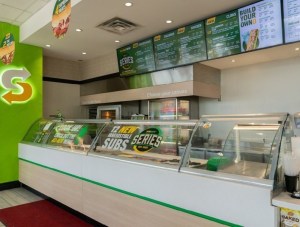
Roark Capital has agreed to buy privately owned global sandwich chain Subway for a reported $9.6 billion. Image courtesy of Subway
The CEO of Subway, which has agreed to sell the privately owned global sandwich chain to private equity firm Roark Capital for a reported $9.6 billion, said Thursday the transaction reflects Subway’s long-term potential, but one retail expert said most new growth would probably come from outside the U.S.
“Much of the expansion will likely happen internationally. The number of U.S stores could still decline as they close underperforming locations, and work to try and re-establish their brand,” Brandon Isner, head of Americas retail research at CBRE, told Commercial Property Executive.
Citing Creditntell, Isner said Subway’s U.S. stores dropped from more than 24,000 at the end of 2020 to approximately 20,748 at the end of 2022. There were 20,603 U.S. locations as of April, according to CNBC. Subway, which states it is one of the world’s largest quick service restaurant brands, said it has nearly 37,000 restaurants in more than 100 countries. Subway restaurants are owned and operated by franchisees, including those outside the US.
READ ALSO: Net Lease Cap Rates Rise for 5th Straight Quarter
The Wall Street Journal reported Subway has signed 15 international franchisee deals since 2021 and rapid overseas expansion is expected. Of the 9,000 international restaurants expected to open, nearly 4,000 locations could be in China over the next 20 years, according to the Journal.

Much of the expansion will likely happen internationally, says Brandon Isner, Americas Head of Retail Research, CBRE. Image courtesy of CBRE
Roark, an Atlanta-based private equity firm with $37 billion in assets under management, focuses on investments in consumer and business service companies, including restaurant and retail businesses with franchise ownership and multi-location models. The company already has deep investments in U.S. restaurant chains, including Arby’s, Buffalo Wild Wings, Sonic Drive-In and Jimmy John’s, one of Subway’s competitors that has been growing.
Subway CEO John Chidsey told the Journal Subway will be its own entity within Roark’s investment portfolio. Chidsey said in a prepared statement Subway would have a bright future with Roark because of its deep expertise in restaurant and franchise business models. The Subway management team will remain after the sale closes and Chidsey said he expects to stay as well. Chidsey joined the company in 2019 and was the first CEO who was not a member of the chain’s two founding families—the DeLuca and Buck families.
Subway said the transaction, the culmination of a monthslong auction for the nearly 60-year-old business, comes one month after the company announced its 10th consecutive quarter of positive same store sales. The company will continue to execute its strategy launched in 2021 that focuses on sales growth, menu innovation, modernization of restaurants, overall guest experience improvements and international experience.
Isner said the CPI for food away from home remains high and Subway has managed to keep its prices at a competitive level and could benefit from value-conscious diners in an uncertain economic climate. But he also noted that much of the QSR sector’s popularity post-COVID has been via drive-thrus. Since many of Subway’s locations are in urban areas, they have not been able to capitalize on that trend, Isner said.
Competitive bidding
Terms of the deal between Subway and Roark were not disclosed but people familiar with the transaction told the Journal that Roark agreed to pay $9 billion and the remainder if financial targets are met. Other private equity firms reportedly interested in acquiring the company included TDR Capital and Sycamore Partners.
J.P. Morgan is serving as financial advisor and Sullivan & Cromwell LLP is serving as legal counsel to Subway. A closing date was not released but is subject to regulatory approvals and customary closing conditions.
Office moves
The sale of the company comes just months after Subway opened a Miami office with more than 64,000 square feet as its second headquarters. Located at 1000 NW 57th Court, the property will be known as 1000 Sub Way. The property is in the Waterford Business District, a joint venture of Nuveen Real Estate and Allianz Real Estate and is located near Miami International Airport.
The company’s home base has been in Connecticut since it was founded as Pete’s Super Submarines in Bridgeport, Conn., in 1965. It has had its headquarters in Milford in New Haven County at Sub Way for many years but is planning a move shortly to nearby Shelton in Fairfield County. Subway is leasing 90,000 square feet at 1 Corporate Drive, where employees will have access to multiple dining options, fitness centers, recreational activities like tennis and basketball, medical facilities, covered parking and childcare centers.

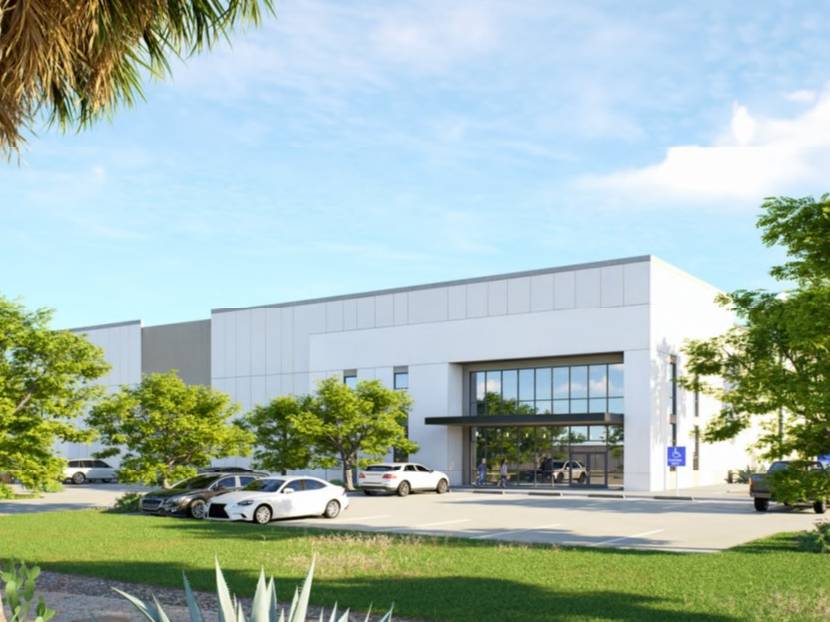

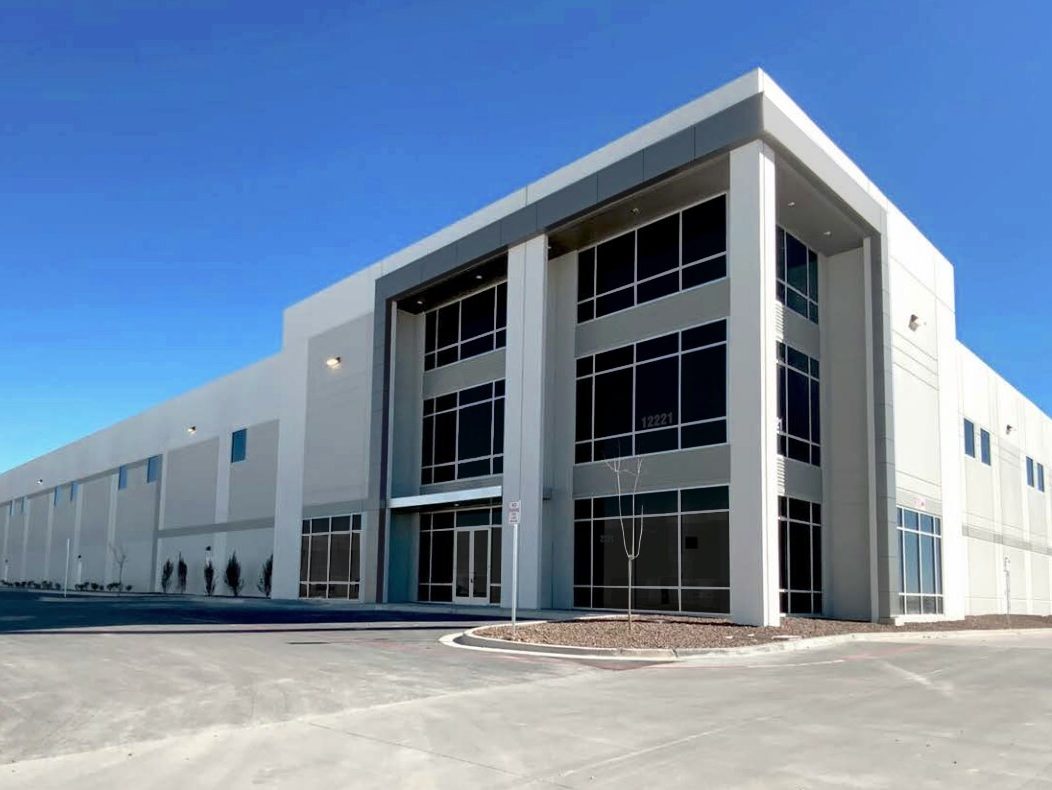
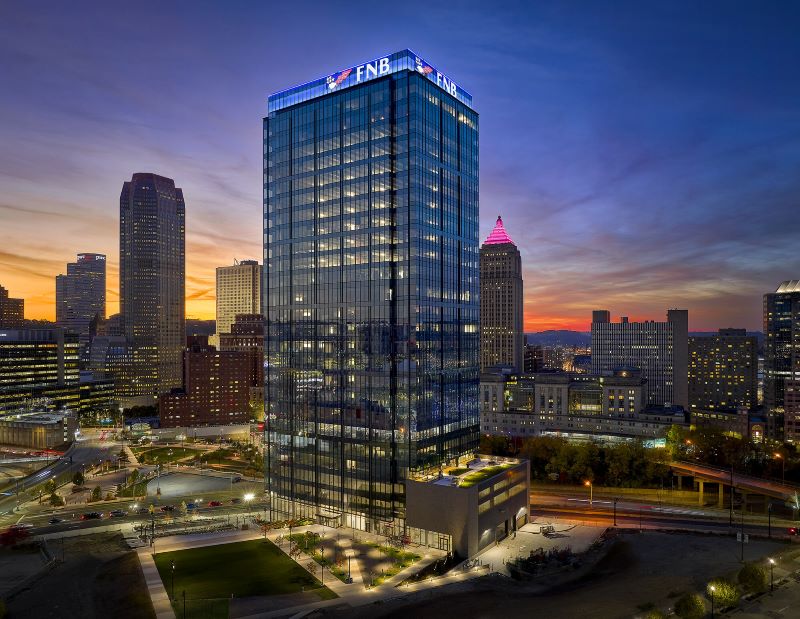

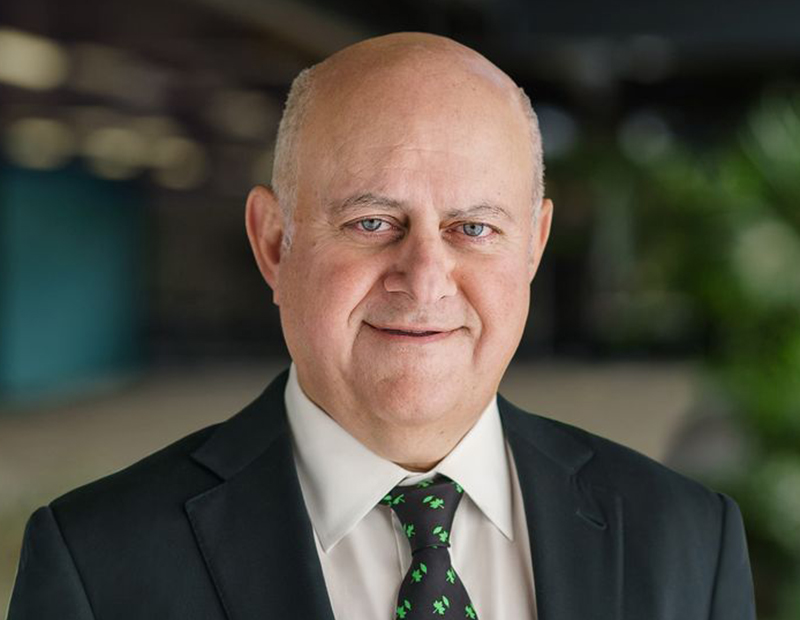
You must be logged in to post a comment.